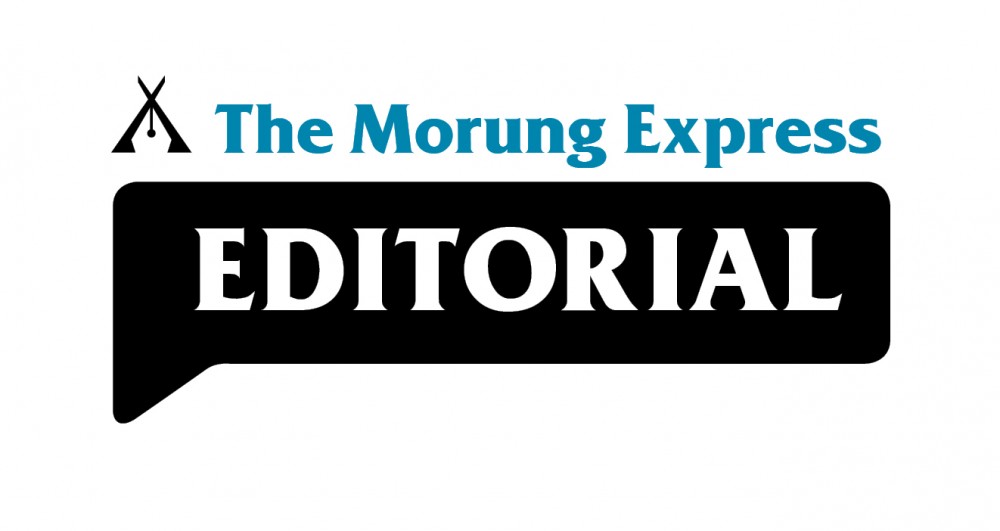
Witoubou Newmai
Even though we are in the grim throes of the COVID-19 pandemic, we need to see the other side too, to connect the cheese and chalk paradigms for our benefits. This is because we will only lose more if we only see what has been taken away.
This situation is the best opportunity to check whether all our ‘development’ hypes are for real. In other words, it is the best time to ask whether we are advancing for real or we are building auras around bubbles.
An article presented by journalist, Uri Friedman in The Atlantic reads “…the COVID-19 pandemic is revealing a new form of national power.” According to him, “in the COVID-19 era, a country’s strength is determined not only by its military and economy, but also by its resilience.”
Friedman’s commentary is telling us that a situation such as the COVID-19 induced one shows us the index of the health of a society. This is because no one can tell whether someone has become a resilient power until a problem such as the COVID-19 pandemic or some disaster occurs.
According to William Hynes of the Paris based Organisation for Economic Co-operation and Development (OECD), “who has been studying ways to shock-proof countries,” and quoted by Friedman in his article, “We cannot say when we have truly achieved resilience, since part of resilience is the capacity to react to change.”
The referent objective of this editorial is about our society’s significant degree of subjective societal insecurity of any aspect that often prevails even as the ‘state’ remains secure. This is the view of many societal security experts. This infers that security of any front or aspect at the micro level: food, culture, belief system, a people’s values-can suffer insecurity even when the overall description of the ‘state’ is considered secure.
We are talking about sustainability. This, in fact, is also about societal security.
Barry Buzan defines societal security as “the sustainability, within conditions for evolution, of traditional patterns of language, culture and religious and national identity and custom.” We can extrapolate this one bit to say that the COVID-19 induced issues open our eyes to realities that the resilient power of a society determines societal security, also.
When it comes to our society, the security aspect of essential commodities during the height of the COVID-19 induced lockdown reveals that we can be extremely vulnerable in times of 'disaster.’
The salience of resilient power as defined by Friedman is about one’s “capacity to absorb systemic shocks, adapt to these disruptions, and quickly bounce back from them”. According to scholar Stephen Flynn, as quoted by Friedman, “the aim of resilience is to design systems not just so they can endure shocks, but also so they can fail gracefully and recover nicely.” Friedman himself then said that the COVID-19 pandemic “has taught us that today, a country’s best offense is a good defense”.
But one question crops up: where should people, who have no production, bounce back to or what should they defend when they have nothing? If one’s strength and potential is measured in terms of resilient power today, it is time to think about it seriously if we are to gain the "capacity to react to change.”






